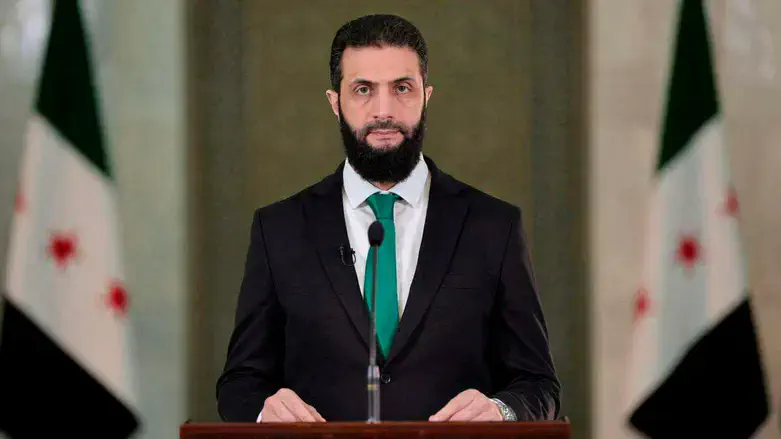
An extensive Reuters investigation reveals new details about the killing of nearly 1,500 members of Syria's Alawite minority in a wave of targeted violence from March 7 to 9, 2025, along the country’s Mediterranean coast. The report details a coordinated campaign by factions affiliated with the new Syrian government, uncovering a chain of command that reaches senior officials in Damascus.
The violence erupted in response to a pro-Assad uprising that began on March 6 and resulted in the deaths of 200 security personnel. In retaliation, government-aligned militias and units, many of which included Sunni extremists and former opposition fighters, launched widespread attacks on Alawite communities. The investigation identified 40 locations where killings, looting, and vandalism occurred.
The report, which includes graphic descriptions and images that document the extent of the atrocities, notes that the massacres were systematic, with entire families killed and villages emptied. Units implicated include the General Security Service, Unit 400, the Othman Brigade, and various factions such as the Sultan Suleiman Shah Brigade and Hamza Division. Several of these groups have long histories of human rights violations and have faced international sanctions.
Reuters gathered evidence through interviews with over 200 families of victims, officials, and commanders, as well as by reviewing videos, photos, handwritten lists of the deceased, and communications within a government-run Telegram channel. Witnesses described extreme brutality, including mutilation and humiliation of victims, and shared accounts of survivors who continue to live in fear.
Interim President Ahmed al-Sharaa condemned the killings and promised accountability, stating that no perpetrators would be shielded. A government committee has been tasked with investigating the events, but no charges have been filed to date.
The massacres highlight the deep sectarian divisions that persist in Syria, particularly between Alawite communities associated with former President Bashar al-Assad and the predominantly Sunni groups now in power. Many affected towns remain deserted months after the violence.
